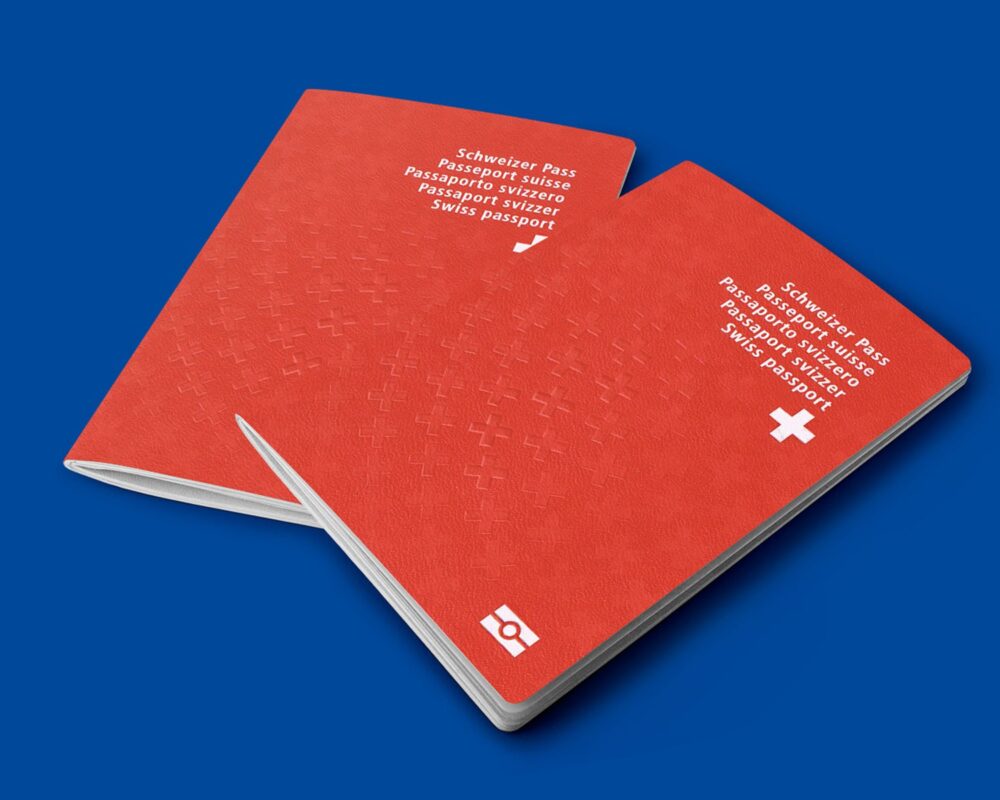If you’re living in Switzerland and dreaming of getting your Swiss passport or upgrading to a Permis C, then you’ve likely heard of the fide test. But what exactly is it? How can you prepare? And why does fide sound like a mysterious secret code?
Spoiler alert: it’s not! It’s your passport to integration (almost literally). Let’s break it down:
🔍 What is the fide Test?
The fide test is an official language and integration assessment developed by the State Secretariat for Migration (SEM). It helps evaluate your proficiency in one of Switzerland’s national languages (French, German, or Italian) and your ability to integrate into Swiss life.
It’s especially important if you are:
- Applying for Swiss naturalisation
- Applying for or renewing your Permis C (settlement permit)
- Wanting to prove your language skills officially for work, school, or residence purposes
📋 What Does the fide Test Involve?
The fide test has two parts:
1. Language Skills (A1–B1 levels)
You’ll be tested on:
- Speaking (oral expression and interaction)
- Listening
- Reading
- Writing
🔤 Most cantons require A2 oral and A1 written levels for the Permis C, and B1 oral / A2 written for naturalisation—but check your local canton requirements!

2. Passeport des langues
Once you pass, you’ll receive the “fide language passport”—an official document showing your language level according to the CEFR scale (Common European Framework of Reference for Languages).
🎤 The Speaking Part – What to Expect
The speaking section is super practical—it simulates real-life situations you face every day in Switzerland. The test typically includes three types of tasks:
1. Describing a Problem
You’ll be shown a picture or situation (e.g., water leak, sick day, late for appointment) and asked to describe what you see, what’s happening, and what you would do.
🗣️ Example: “Sur l’image, je vois une femme qui téléphone. Elle semble stressée. Je pense qu’il y a une fuite dans sa salle de bain…”
2. Making an Inquiry by Phone
You’ll act out a phone conversation—maybe you’re calling the landlord, the doctor, or your employer to explain a situation.
☎️ Example: “Bonjour, j’ai un problème avec mon vélo. Je vais être en retard au rendez-vous…”
3. Discussing Past Experiences
You’ll be asked questions about your life, experiences, opinions, and habits.
💬 Example: “Comment avez-vous trouvé votre appartement actuel ?”
Or “Parlez-nous d’un problème que vous avez eu et comment vous l’avez résolu.”
📚 How to Prepare for the fide Speaking Test
- Use Flashcards 🃏 – Flashcards like the ones from Linguilista are gold. They focus on daily scenarios and help you practice descriptions, phone calls, and personal experiences.
- Practice Connectors – To sound fluent, use linking words like:
- D’une part / d’autre part
- Parce que / donc
- Cependant / en revanche
- Par exemple / en particulier
- Record Yourself Speaking – Practice describing images or situations. Then listen back and note areas for improvement.
- Take a Prep Course – Some language schools offer fide-specific courses, especially in larger cities like Geneva, Lausanne, or Zurich.
📍 Where Can You Take the fide Test?
The fide test is available in authorized centers across Switzerland. You can find the full list here: https://fide-info.ch
The cost is typically:
- CHF 170 for the full test (speaking + writing/reading/listening)
- CHF 110 for just the speaking part
📝 Important Notes
- The fide test does not expire—your language passport is valid indefinitely.
- If you already have a recognized language certificate (like DELF, TELC, Goethe, etc.), you might not need to take the fide test—but double-check with your canton.
- The test is practical, not academic—so don’t stress about grammar perfection. It’s more about being understood and handling daily tasks in French.
🧀 Final Words: When in Suisse, Speak like a Suisse!
Preparing for the fide test is not just about getting paperwork done—it’s about becoming part of the community. Whether you’re navigating the health system, chatting with neighbors, or explaining why your parcel never arrived (😅), your language skills are key to feeling at home.
So, take it seriously, but also have fun with it. Play with flashcards, practice out loud, watch Netflix in French with subtitles, and turn every day into a language-learning opportunity.
Bon courage, viel Glück, buona fortuna… and soon: bienvenue au club suisse!

